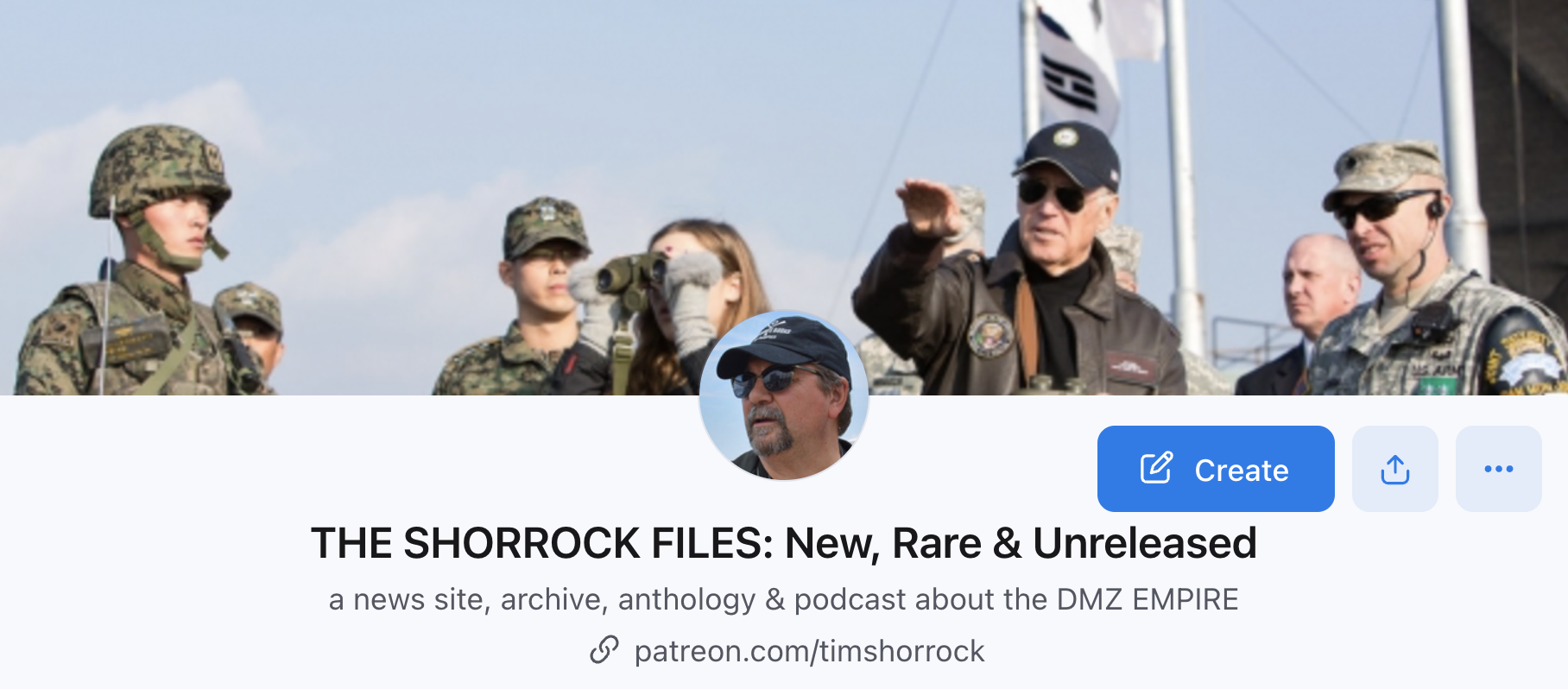In 2005 I spent nearly six weeks in New Orleans writing about the aftermath of Hurricane Katrina and the Common Ground collective, an amazing group of street and health-care activists who came together to provide solidarity and humanitarian support to the residents of the Big Easy. One of the first people I met at Common Ground was a young man named Brandon Darby. He told me he’d come to New Orleans directly from Austin because he felt a need to help. At Common Ground, he was clearly a leader, and was involved in some of its more provocative actions, such as camping out in abandoned houses in the devastated Ninth Ward at a time when city authorities and the police were banning residents from that area. Darby struck me as someone who had absolute certainty about the rightness of his cause and was willing and eager to convince others of his point of view.
Now it turns out that he was an FBI informant all along. Activists in both Austin and Minneapolis have identified him as a spy and provocateur who provided key evidence that put two Texas activists in jail in Minnesota for allegedly planning to deploy molotov cocktails at the Republican National Convention last year. Darby himself has confirmed his role as an informant in a public statement, available on this new anti-snitching website.
Here’s what some of his fellow activists have to say about him:
Over the years Brandon Darby has established strong ties with individuals in many different radical communities across the United States. While it is not yet clear how long or to what extent Darby has been acting as an informant, the emerging truth about Darby’s malicious involvement in our communities is heart-breaking and utterly ground-shattering to those of us who were closest to him.
Darby operated in and around the Austin community for about 6 years, and this is the same Brandon Darby who participated in the Common Ground Collective in New Orleans during 2005-2006. Based on the evidence we have, Brandon has been giving the state information since at least November 2007, but there is also information that suggests his informant activities may go back further, at least to 2006 or earlier. In the documents, Darby makes numerous remarks that are inflammatory and often untrue or grossly taken out of context. There is also compelling evidence to suggest that Darby, more than just reporting on Crowder and McKay’s [the two men jailed in Minnesota] activities, was actively encouraging, enabling, and provoking the two men to take illegal action.
Given these claims, we have to wonder what Darby was up to in Common Ground. Why did the FBI decide to deploy an undercover agent to New Orleans at a time when the city was suffering through one of the worst calamaties of the century? Who in the Bush administration approved this action? Why was Common Ground the target? And I, as a journalist, have to wonder what information Darby may have supplied the government about my activities there. At one point during my visit, Darby tried to convince me to spend the night with him and his buddies in a house in the Ninth Ward. I distinctly remember Darby recounting how New Orleans police constantly patrolled the area where he was staying, shining lights into the empty houses as a way to keep people away. Was Darby there to provoke a dangerous situation that would be harmful to Common Ground? Was he trying to drag me into a situation where I might be endangered or discredited as a journalist? Quite possibly.
As I’ve written in several articles for Salon, domestic surveillance got completely out of control during the Bush administration. We as a people must demand a stop to this and must seek the full truth of how our constitution was trampled on over the past eight years. The Brandon Darby story makes me sick.
Update: Democracy Now! interviews key activists about Darby.
